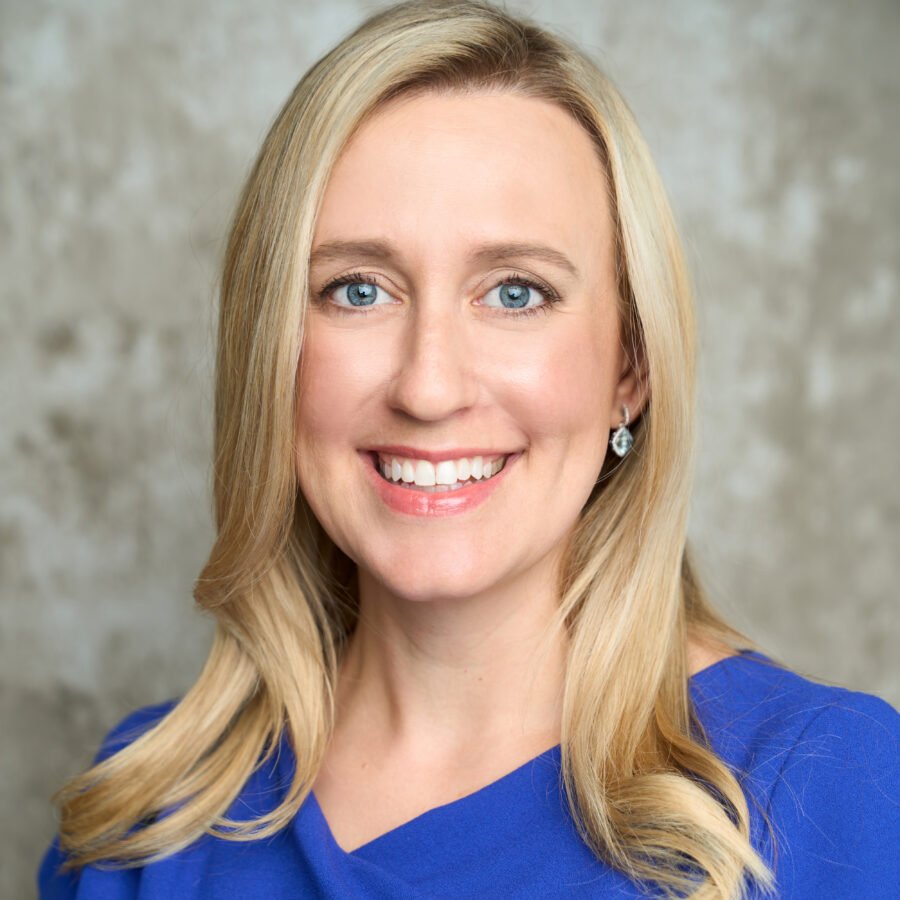Five New Nonprofits Announced as Finalists for the 2022 Gregor G. Peterson Prize in Venture Philanthropy
Hoplin Jackson, in partnership with three generations of Peterson family members, is pleased to announce the five finalists for the 2022 Gregor G. Peterson Prize in Venture Philanthropy. They include (in alpha order):
1) American Studio, led by Chris Rufo
2) Do No Harm, led by Kristina Rasmussen
3) FreeWorld, led by Jason Wang
4) Lasagna Love, led by Rhiannon Menn
5) Parents Defending Education, led by Nicole Neily
These five finalists emerged from an exceptional group of more than 70 nonprofits, making this the strongest and most competitive pool of candidates since the Prize’s inception.
The trailblazing early-stage nonprofit that wins this year’s $250,000 prize will be announced in early December at the ALEC Nation & States Summit in Washington, D.C.
More about the five finalists and their leaders:
American Studio
Led by an accomplished investigative journalist and filmmaker Chris Rufo, American Studio uses deep dive research and investigative reporting to influence the national conversation on thorny cultural issues including critical race theory (CRT), gender ideology, homelessness, addiction, and immigration. Previously, Rufo directed documentaries for PBS and Netflix and his biweekly show, Chris Rufo Theory, appears on YouTube as a 30-minute, highly researched deep dive into various issues to attract new audiences under 35.
Do No Harm
Do No Harm, the brainchild of Dr. Stanley Goldfarb and directed by Kristina Rasmussen, exists to keep woke ideology out of health care, thus honoring an underlying principle that has guided health care professionals for centuries, namely to “first, do no harm.” Through research, education, and litigation, Do No Harm seeks to expose—and stop—what it considers a dangerous and rapidly growing trend in health care that places woke criteria above merit in health care education and, worse, favors unscientific yet politically-correct social priorities over individual needs of patients.
FreeWorld
For those serving time in prison, “free world” is slang for life outside prison walls. For those who have served their time and been released, FreeWorld is a California-based nonprofit that fast tracks former inmates back into the economic mainstream, a task often complicated by criminal records. FreeWorld helps former inmates enroll in “last mile” truck driving training programs (think local Amazon-like delivery trucks), and, upon completion, connects graduates with secure jobs that pay a living wage. Founder Jason Wang, once incarcerated himself, has become a self-described “entrepreneur” having launched several businesses and now a nonprofit.
Lasagna Love
A volunteer-driven and mostly volunteer-led nonprofit, Lasagna Love seeks to strengthen communities through direct person-to-person meal delivery. Built on the network effects of kindness (where one act of kindness inspires another), Lasagna Love’s digital technology platform connects neighbors who prepare home-cooked meals for those in need and, in doing so, offers recipients a chance to engage with the individuals providing the meal, building connection, community, and combatting feelings of helplessness. Rhiannon Menn, founder, built and scaled this nonprofit after delivering hundreds of meals during the pandemic to those in need.
Parents Defending Education
Built by veteran leader Nicole Neily, Parents Defending Education strives to give parents a voice in their child’s K-12 classrooms, school board meetings, and curricula. It believes that a student’s education should be focused on scholarship and facts. The pandemic closures of schools and the pivoting to online learning opened parents’ eyes to what was being taught to their children. Parents Defending Education arose to demand both transparency and accountability in the classroom.
These nonprofits all fit into the Petersons’ criteria of being a new nonprofit (less than five years old) using an innovative approach to solve a pressing social need.





